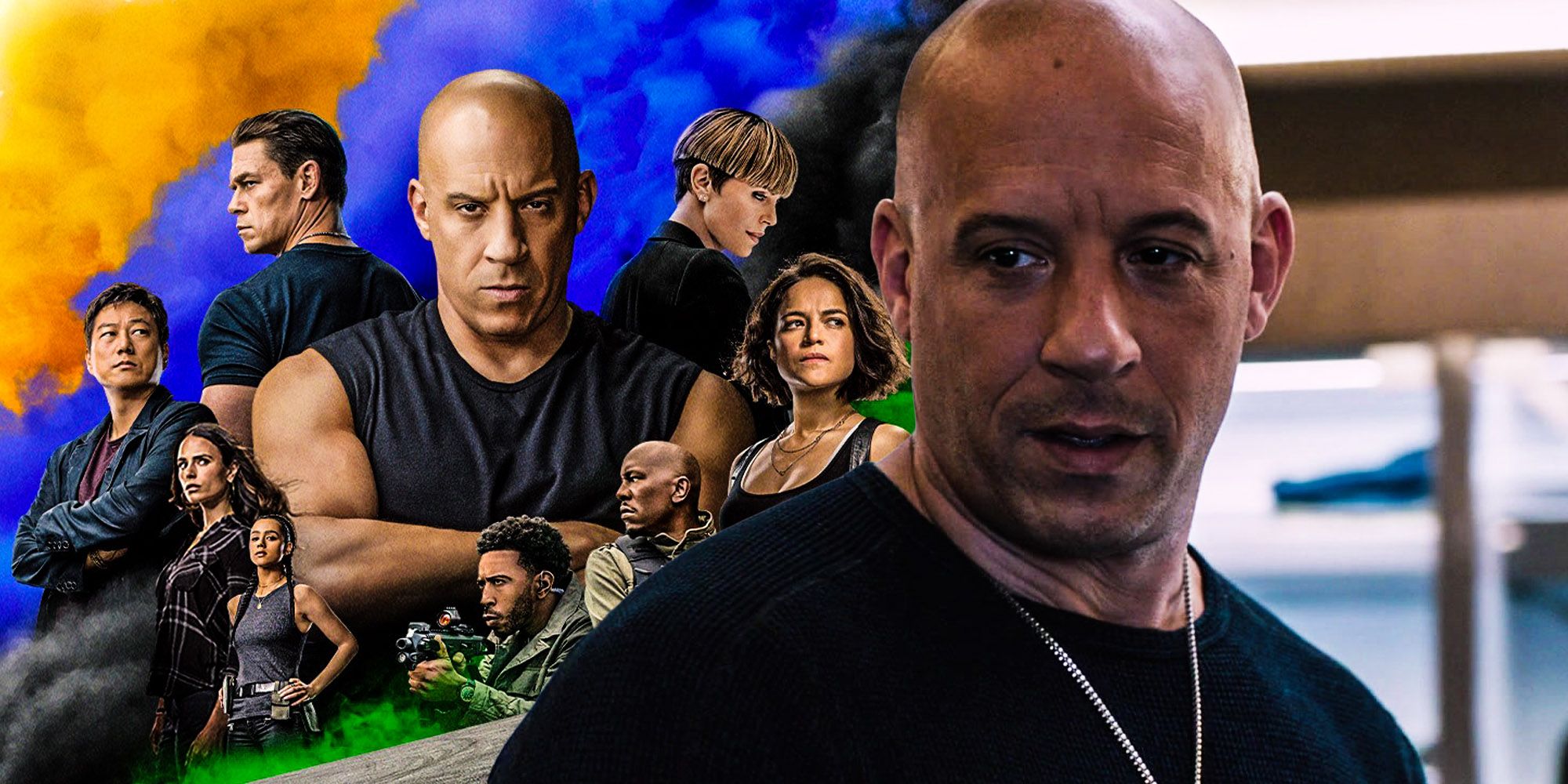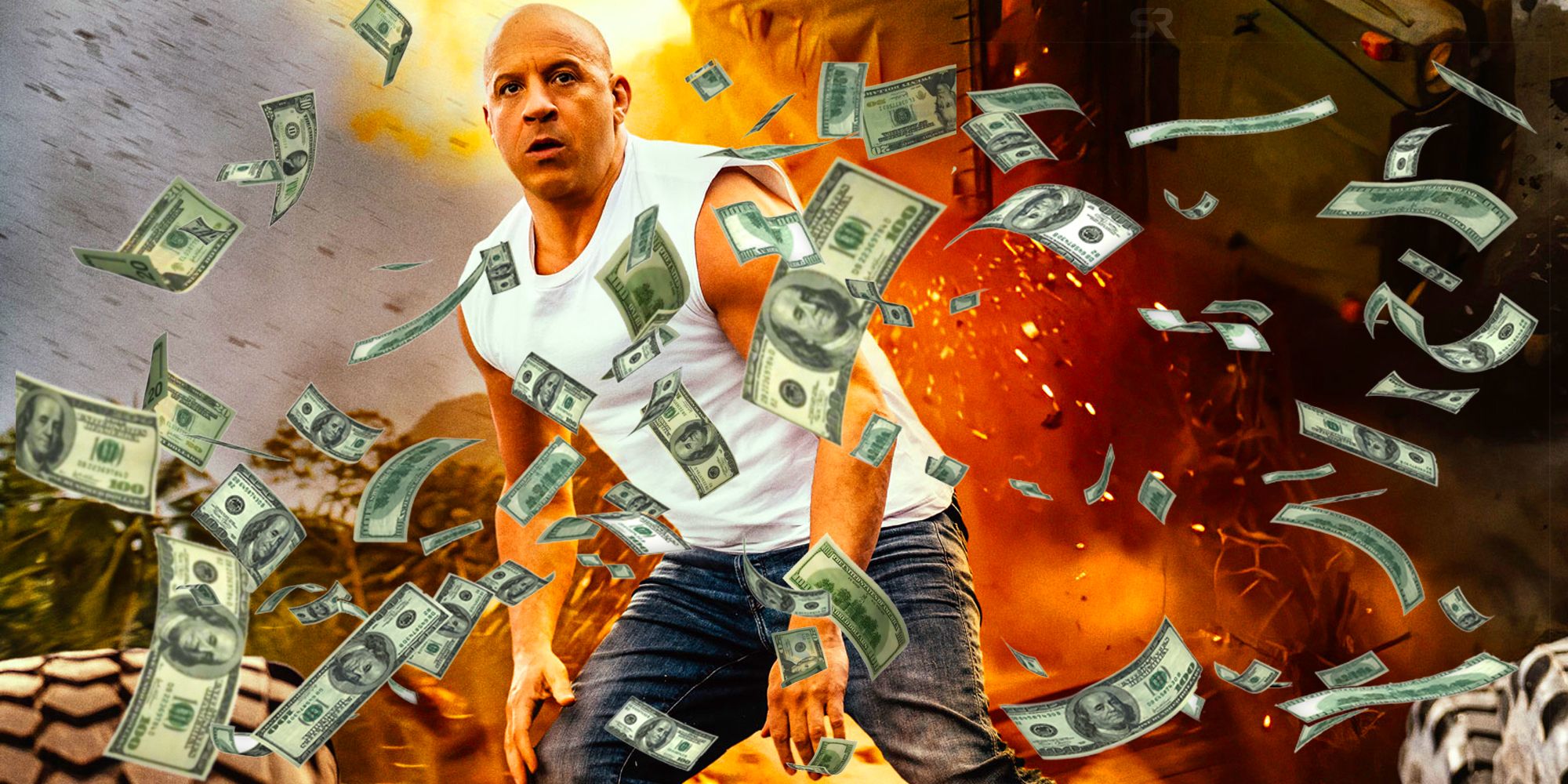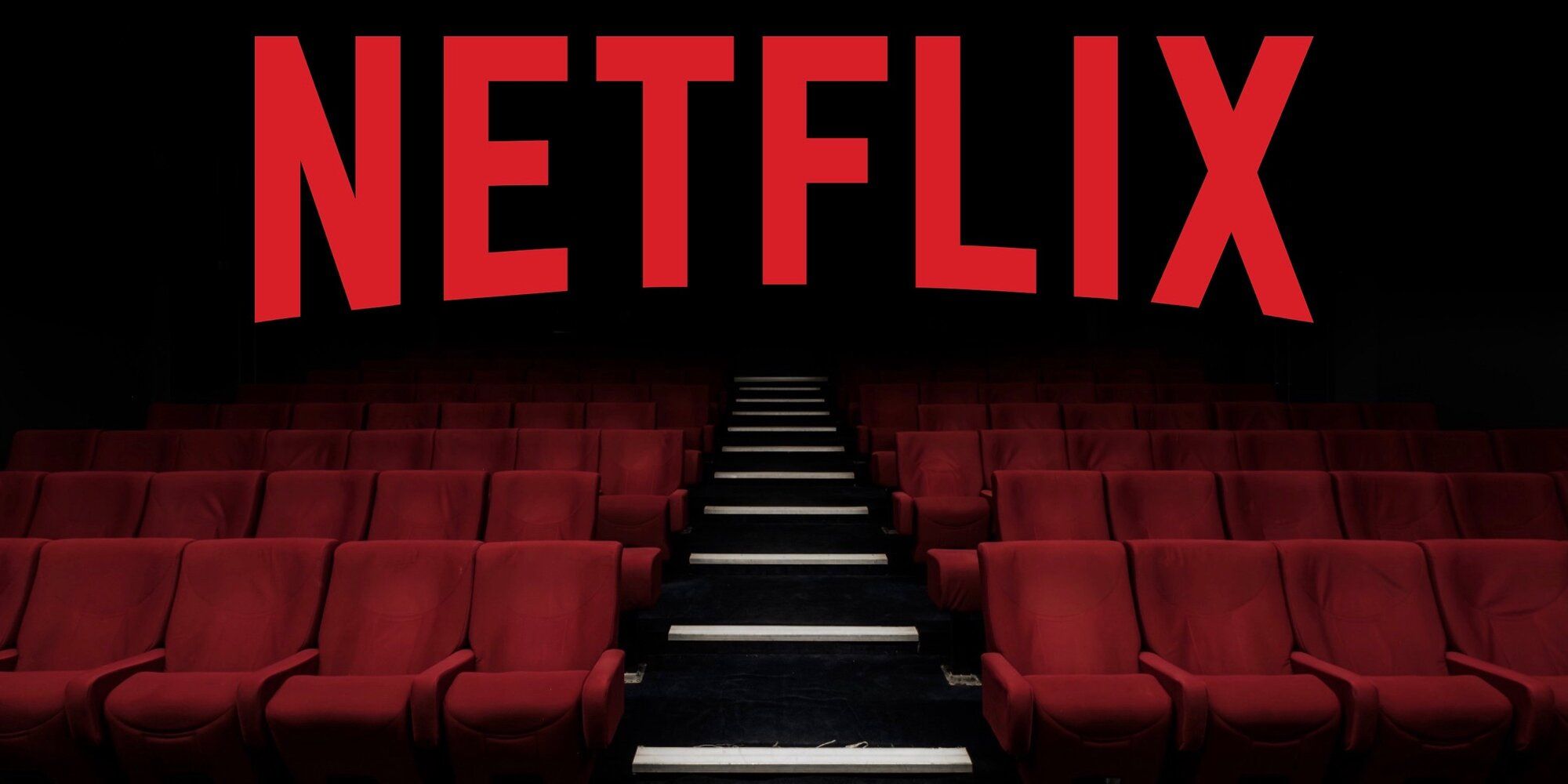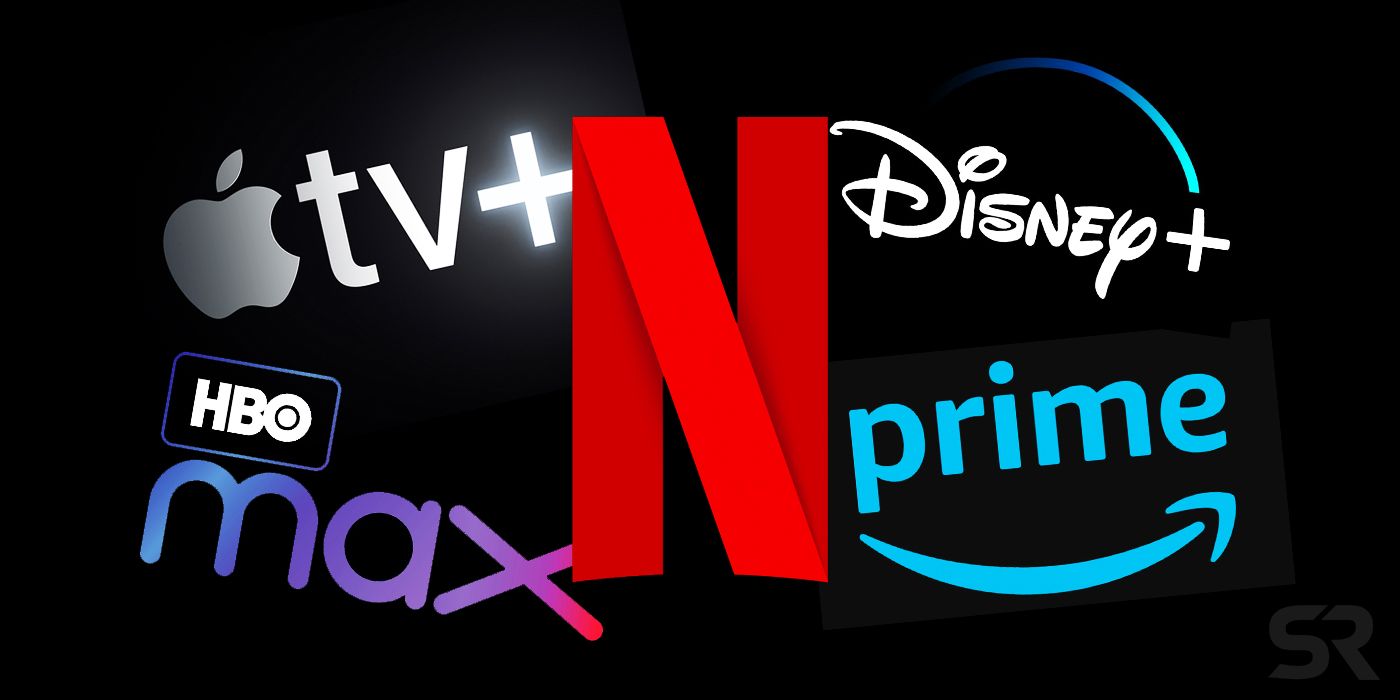Movies are roaring back into theaters with F9 showing promise of a big box office rebound for Hollywood, but it won't solve all the problems facing theaters. After the coronavirus pandemic started, theaters were almost completely closed, with only some areas eventually opening back up with limited capacity, failing to even fill those seats. Now that vaccines are available and theaters are opening back up, summer movie season is back and shows promising signs.
The Fast and the Furious franchise's success is unique in Hollywood that it's an original property, but it's also impressive in how it grew from its humble roots of a movie about a street racing crew that stole DVD players to now featuring what is basically a team of super-agents in movies with scales rivaling many comic book movies. Coinciding with this increasingly outrageous growth has been bigger box office hauls, with both Furious 7 and Fate of the Furious breaking the billion-dollar mark.
Theaters are in desperate need of the box office coming back in a big way. F9 was originally supposed to arrive in 2020 and is one of many movies to delay until after the pandemic, meaning there was a potential billion dollars in this movie alone theaters didn't see in 2020 (and likely won't see in full now in 2021). Theaters also had to make major concessions because of the pandemic. Theatrical exclusive windows were abandoned for a number of movies, particularly from Warner Bros., and now the exclusive window has been permanently reduced as more movies go to streaming sooner.
F9's Box Office is Great (For the Pandemic)
F9 opened to a post-pandemic high $70 million, prompting Vin Diesel to pronounce 'cinema is back,' and the movie has gone on to become the fastest post-pandemic movie to hit $100 million, which is certainly a good sign for theaters in need of a massive attendance increase; however, while it's a post-pandemic high, the last four Fast and the Furious movies have done it faster, with Fast and Furious 6, Furious 7, and Fate of the Furious all breaking $100 million their respective 3-day opening weekends.
While most box office analysis might adjust proportionally to account for the pandemic drop, unfortunately, the cost to make the movies and cost to operate a theater doesn't get special post-pandemic consideration. The industry expected revenue from F9 a year ago, and a lot more of it. Extrapolate that across the entire industry the movie delays are going to cost a lot. Post-pandemic records are great and things are heading in the right direction, but it may take a while (or never) to reach pre-pandemic levels again because attendance was dropping for years before the pandemic.
Theaters Were Already in Decline Before the Pandemic
The pandemic was a disaster for theaters, but ticket sales had already been declining for almost two decades before 2020 saw a $30 billion global box office drop. This means for theaters to truly recover, they need to not just get back to pre-pandemic levels, but pre-pre-pandemic levels, and with shrinking ticket sales, shortened theatrical exclusivity windows, and ever tougher content competition, that's a tall order and may not be possible without a dramatic rethinking of the theatrical experience.
Many theaters have started incorporating their own restaurants, bars, arcades, bowling alleys, and more. That may be one way to save money and gain some stability, but that's not a fit for every theater. With the quality of home theater equipment constantly increasing and the price constantly decreasing along with the vast availability of streaming content, it's getting harder to get people to leave their home and spend money on a theatrical experience when audiences prefer watching new movies at home without having to pay for tickets or concessions or having people talking or kicking their seat.
Streaming is a Legitimate Theatrical Contender
Streaming growth in recent years has provided major competition for theaters, and with everyone cooped up at home for most of 2020 and 2021, along with now-shortened (or sometimes eliminated) theatrical exclusive windows, audiences have a good selection of new releases at home every week, especially on HBO Max. It's hard to replace the theatrical experience, but the convenience (and cost savings) of staying home can't be beaten, especially for families.
Streaming content quality has improved significantly, so there's not much of a loss for most people who can still see new popular movies without going to the theater and not feel left out of the water cooler talk or social media chatter. This trend isn't likely to reverse. Hollywood doesn't rely on theaters since content can be monetized either way. Not only are most streaming service prices more expensive than the average movie ticket price, but subscribers pay monthly while most Americans only go to theaters less than once a month. Add in the fact that streaming platforms don't have to share revenue from their original content with exhibitors, and it's clear streaming content is a far more attractive financial future, especially for studios that own their own streaming platform. Streaming revenue has already eclipsed the box office, so studios may already see more value there than in theaters.
Some international markets are already back to pre-pandemic levels, so it's certainly possible the United States box office could see a similar rebound, and F9 is a good start, but theaters won't fully recover until they manage to resolve their pre-pandemic attendance issues. If theaters can't find ways to consistently grow that audience again, then some other drastic changes will be needed to bring their expenses down and ensure long-term survival. Fortunately, there's a strong enough core market that the theatrical experience isn't going to go away entirely any time soon, but either way, drastic changes may need to be on the horizon to preserve the theatrical experience as we know it now.
Next: Why WB Movie Directors Hating On HBO Max Are Missing The Point




